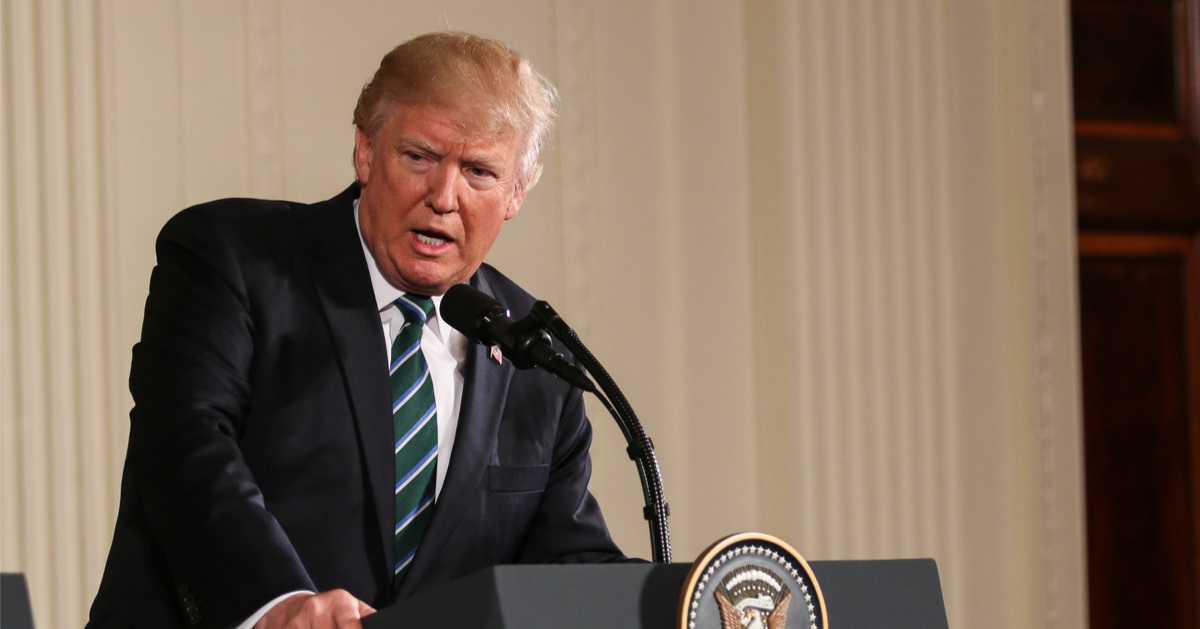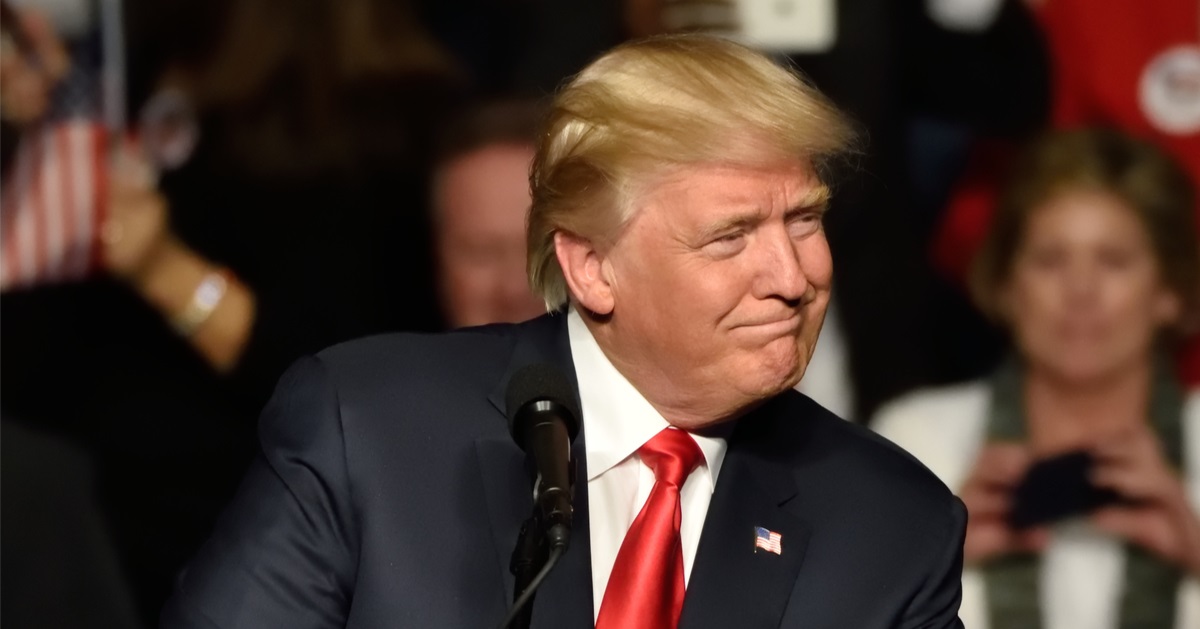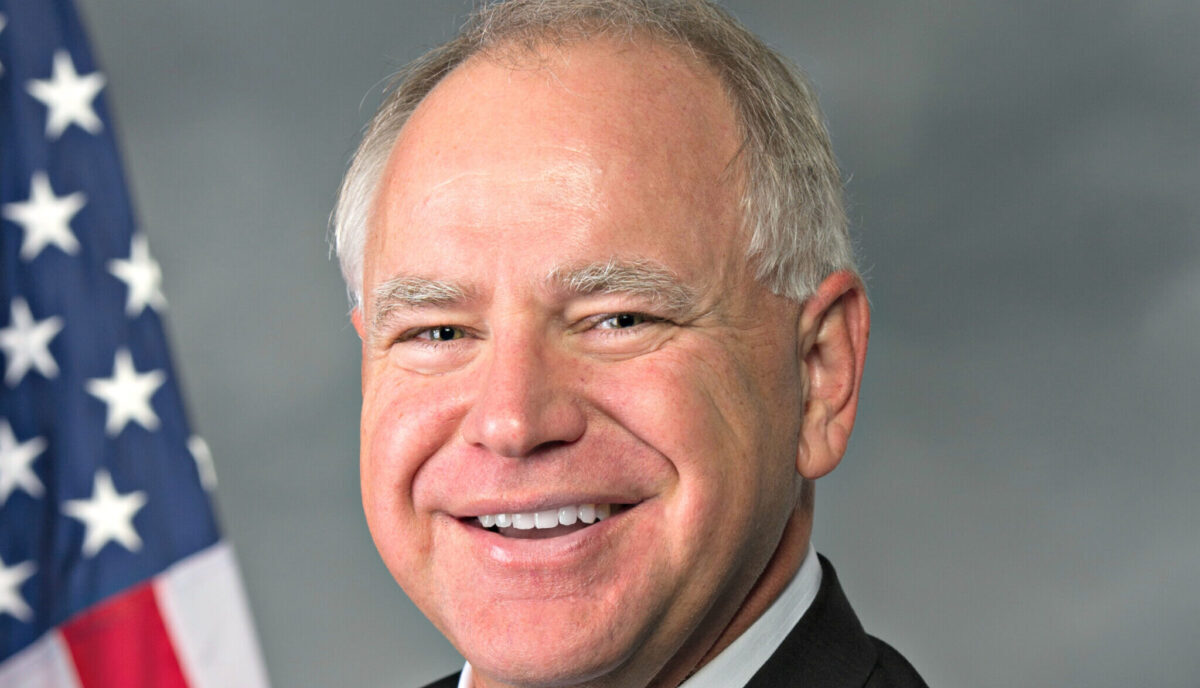Trump claimed he was 'fully exonerated' by dismissal of classified documents case
Former President Donald Trump has been subjected to multiple criminal investigations and indictments that all appear to be politically motivated to some extent, as he often reminds his supporters.
During a recent press conference, Trump claimed that the dismissal of the classified documents case against him meant that he'd been "fully exonerated" of any alleged wrongdoing, according to MSNBC.
Of course, the liberal outlet strongly disagreed with the former president's claim, but the vehemence of its dispute with what was said only seems to lend credence to Trump's frequent complaint that he is the victim of a viciously biased media that unabashedly cheers on the prosecutions brought by overtly partisan figures.
Trump claims he was "fully exonerated"
During a press conference this week in Milwaukee, Wisconsin, former President Trump referenced the dismissal in July of his classified documents case and stated, "I was exonerated from my case. That was a big case, as you know."
"Down in Florida, we had a -- I don’t know the judge, but a brilliant judge. Totally brilliant judge. And I was exonerated. And fully exonerated," he added.
Trump on classified documents case: I don’t know the judge but a brilliant judge. I was exonerated. Fully exonerated. pic.twitter.com/FjDiOOrFGy
— Acyn (@Acyn) October 1, 2024
Case was dismissed on procedural grounds
The MSNBC columnist for the decidedly anti-Trump "Rachel Maddow Blog" unsurprisingly took issue with and pushed back on what the former president claimed and insisted that Trump was "lying" and had not been "exonerated" at all -- and further questioned whether he even understood what that word meant.
According to an Associated Press report at the time of the dismissal, Trump was charged with multiple felony counts by Special Counsel Jack Smith for allegedly illegally retaining dozens of classified documents after leaving the White House that were recovered by the FBI during its infamous and unprecedented raid of his South Florida Mar-a-Lago resort in 2022.
The presiding judge in that case, U.S. District Judge Aileen Cannon, whom Trump nominated to the bench in 2020, drew tremendous criticism and scrutiny from the media and Smith's prosecutors for supposedly slow-walking the legal proceedings and favoring Trump more often than not in her rulings on various motions from both sides.
The media and prosecutors were especially displeased when Cannon, following the lead laid out by Supreme Court Justice Clarence Thomas in a concurrence to the high court's presidential immunity ruling, granted Trump's request to dismiss the charges against him on account of Smith having been improperly appointed and funded by Attorney General Merrick Garland and the Justice Department.
The meaning of "exonerated" and whether it applies
As was noted by the AP and the MSNBC columnist, Judge Cannon's dismissal of the classified documents case was essentially a procedural move based on a technicality that occurred before the merits of the charges and alleged evidence of wrongdoing were fully addressed.
The columnist went on to highlight an "amazing larger pattern" with nearly a dozen disputed examples of Trump claiming exoneration from allegations of wrongdoing over the past several years, which prompted the condescending supposition that the former president "doesn’t know what 'exonerated' means."
According to the Merriam-Webster Dictionary, "exonerate" is defined as "1. to relieve of a responsibility, obligation, or hardship; and 2. to clear from accusation or blame."
To be sure, the dismissal of the classified documents case before the merits could be addressed means that Trump wasn't "exonerated" in the sense of being cleared from accusation or blame, but he was "exonerated" in the sense that, by virtue of the dismissal, he was relieved of the "responsibility, obligation, or hardship" imposed on him by the criminal charges and partisan prosecution.





